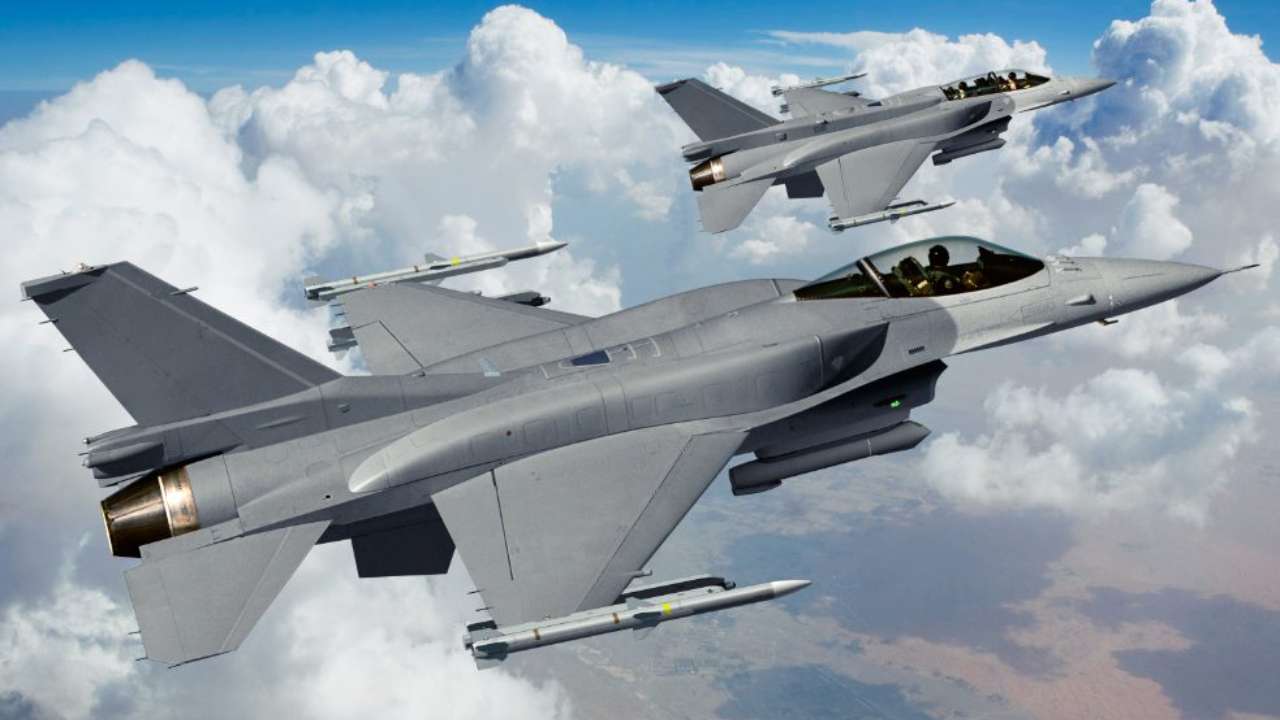
The wings of Lockheed Martin's F-16 fighter jets will be produced in India, the American security and aerospace giant announced on Tuesday, in a major boost to the 'Make in India' initiative.
Maryland-based Lockheed Martin has entered into an agreement with Tata Advanced Systems Limited (TASL) for the production of the wings.
Lockheed officials insisted that the planned F-16 wing production to India is not contingent on India selecting the F-16 for the Indian Air Force. Lockheed has offered to move its entire F-16 manufacturing base to India. India is yet to make a decision on it.
Producing F-16 wings in India will strengthen Lockheed Martin's strategic partnership with Tata Advanced Systems Limited and support the 'Make in India' initiative of the government, officials of the company said.
"Building F-16 wings in India is a natural next step that builds on our successful partnerships with Tata on the C-130J [Super Hercules airlifter] and S-92 [helicopter]," said Vivek Lall, Vice President of Strategy and Business Development for Lockheed Martin Aeronautics.
"This is a strategic business decision that reflects the value of our partnerships with India and the confidence we have in Tata to perform advanced defence manufacturing work and deliver world-class products," Lall said.
Lockheed Martin's broader proposed F-16 partnership with India to produce F-16s exclusively in India for its Air Force and export customers stands firm, the company said.
Lockheed recently submitted a comprehensive, fully compliant 600-plus page Request for Information (RFI) response to the Indian Air Force.
Last year, Lockheed Martin and TASL announced their intent to join hands to produce the F-16 Block 70 in India if the aircraft is selected by the Indian Air Force.
The F-16 Block 70 features advanced avionics, a proven Active Electronically Scanned Array (AESA) radar, a modernised cockpit, advanced weapons, conformal fuel tanks, an automatic ground collision avoidance system, an advanced engine and an industry-leading extended structural service life of 12,000 hours.To date, 4,604 F-16s have been procured by 28 customers around the world. Approximately 3,000 operational F-16s are flying today with 25 leading air forces, including the US Air Force.
Comments
Post a Comment